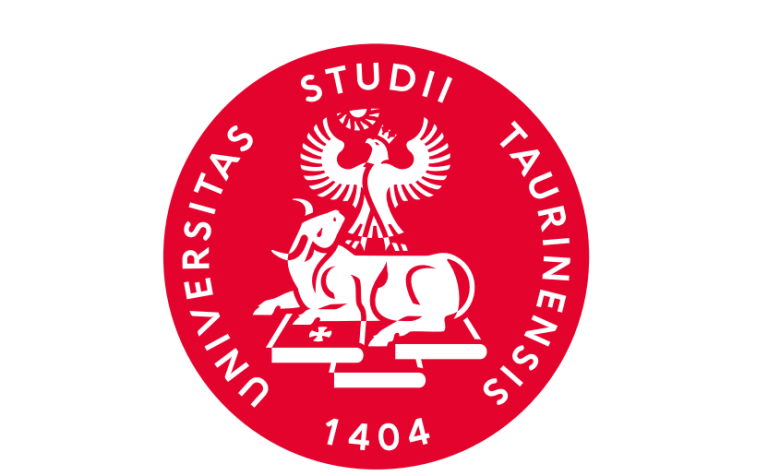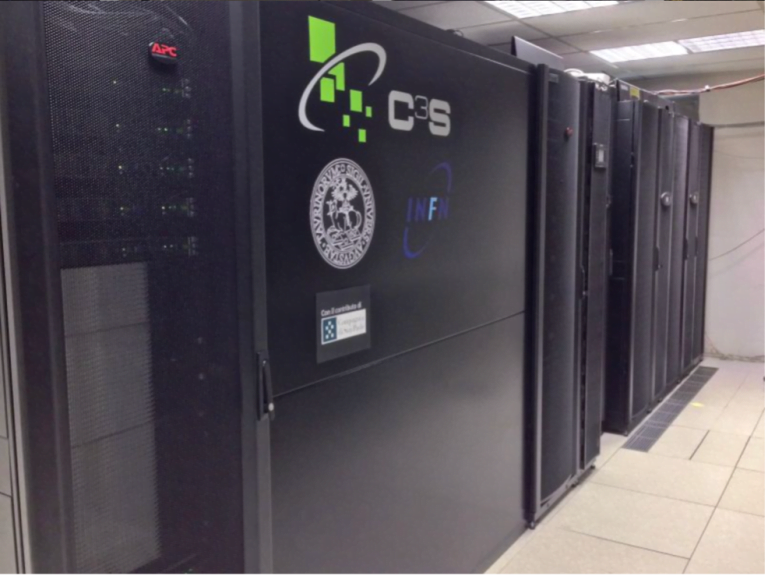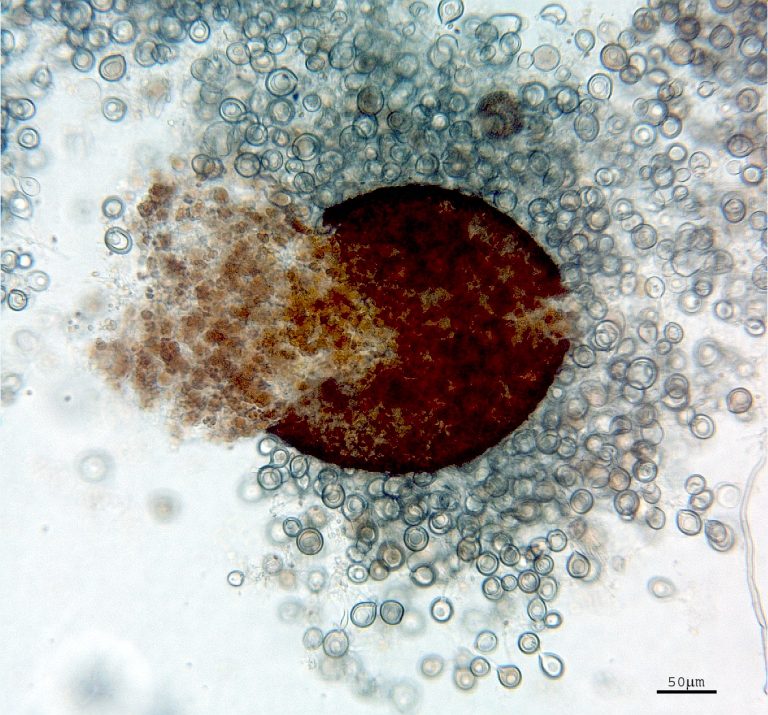Università degli Studi
di Torino
Università degli Studi di Torino (UNITO)
The Department of Life Sciences and Systems Biology (DBIOS) within the University of Torino (UNITO) is the point of reference for topics that bring together biology, environment and biotechnology, and present multidisciplinary aspects such as biodiversity, ecology, evolution, conservation and microbiology.
The Department acts as a crucial element in a series of themes that are currently central in the international scientific scene, including renewable energy, plant health, food, sensors and bio-nanotechnology, genetics, neuroscience, cardiovascular physiology, preservation of environmental resources, conservation of cultural heritage, as well as mycology and microbiology with their industrial and pharmaceutical applications.
The Department includes numerous research groups that interact in the areas of Cellular and Molecular Biology, Biochemistry, General Physiology and Plant Physiology, Developmental Biology, Genetics, Neurobiology, Zoology, Anthropology, Ethology, Ecology, Microbiology, Plant Biology and Teaching of Science. There are also many ongoing collaborations both in terms of teaching and also research which involve members of other departments of the University of Torino.
Main Research Areas are:
- Life and health
- Biochemistry and biotechnology
- Ecology and evolution
Structures associated with the Department are of great scientific importance. These include the public Botanical Garden that is part of the Turin Museum networks, the collections of the Herbarium and the collections of the Museum of Anthropology. The Department also houses a significant collection of fungal germoplasm (Micoteca), one of the few presents in Italy. Furthermore, the Department interfaces with the Museum of Natural Sciences, which houses major university-owned museum collections, ensuring their use in scientific research.
The Department also has two libraries that are a crucial and indispensable tool for research and educational activities, important both for current subscriptions as well as the antique book collections.
Moreover, since 1950 a group of CNR researchers have been working closely with the staff and Professors of this Department in the field of plant and fungal biology, despite having administrative autonomy. The collaboration is governed by agreements that define the mode of interaction and the physical presence of the CNR group in the University.

The Department of Life Sciences and Systems Biology within the University of Torino is actively involved in EMBRC as one of the 16 partners of the Italian Node. The participation of the DBIOS in the research infrastructure takes place through the provision of various services involving Biological resources, Technology platforms and E-services.
Mychoteca Universitatis Taurinensis (MUT)
The Mycotheca Universitatis Taurinensis (MUT) is the fungal collection of the Department of Life Sciences and Systems Biology of the University of Torino and one of the most important banks of fungal biodiversity in Italy. MUT scopes include are acquisition, identification, characterization, preservation and distribution of both macromycetes and micromycetes. The collection operates according to the ISO 9001 standard, achieved in 2006; since 2008 MUT is affiliated to the World Federation Culture Collections (WFCC), and is a member of the European Culture Collections’ Organisation (ECCO).
MUT holds more than 2000 marine fungi, isolated from a range of biotic and abiotic substrates (mainly from the Mediterranean Sea) such as algae (Asparagopsia taxiformis, Flabelia petiolata and Padina pavonica), seagrasses (e.g. Posidonia oceanica), invertebrates, sediments, plastics etc.. Many fungi have been characterized for the production of extremozymes (e.g. laccases, tannases, xylanses) active in presence of high salt concentrations, others have been screened for the presence of polyketide synthases genes (PKS), whose presence is predictive of the ability to secondary metabolites with antibacterial, antifungal and antialgal potential. Several projects and collaborations in the field of marine mycology and biotechnological are currently ongoing.
Passive Acoustic Monitoring (PAM) of Marine Life
The Department of Life Sciences and Systems Biology of the University of Torino offers access to a wide range of underwater Passive Acoustic Recorders for recording the marine soundscape and passive acoustic monitoring of marine life (up to 500 kHz bandwidth; more than 100 dB dynamic range). The ARUs are equipped with release transponders, high-capacity SD cards and lithium batteries for long-lasting deployment. Unito will provide support and training for the identification of suitable areas for sensor deployment, device docking and acoustic data analysis. In addition, remote access and analysis of extensive recordings of the marine soundscape are available.


DOWNLOAD HERE THE FULL PRESENTATION SHEET OF UNITO AND OF MUT:
